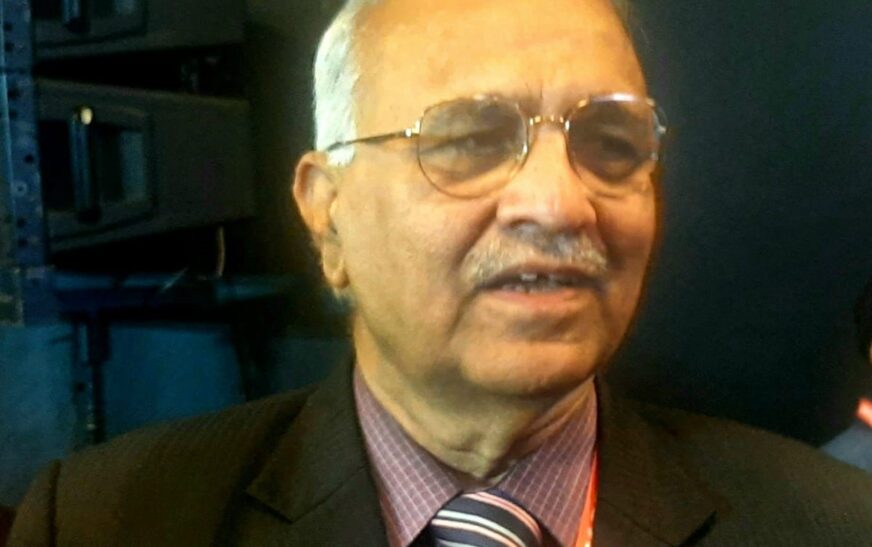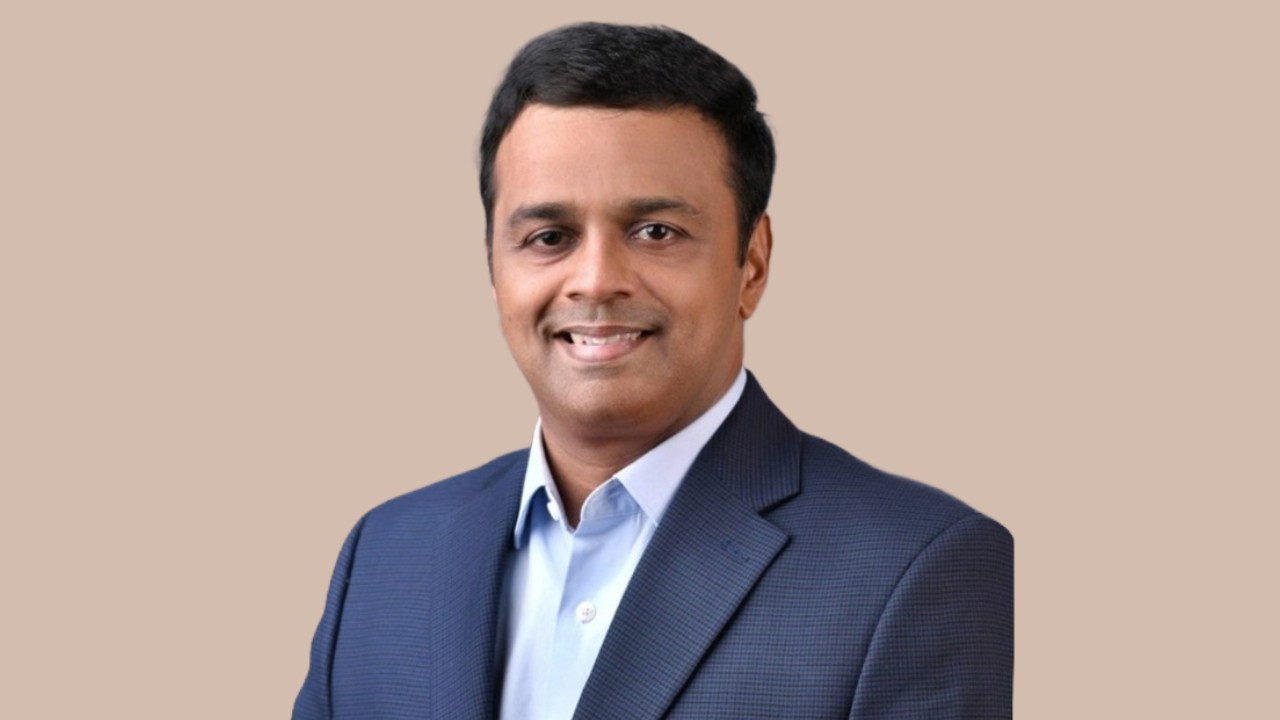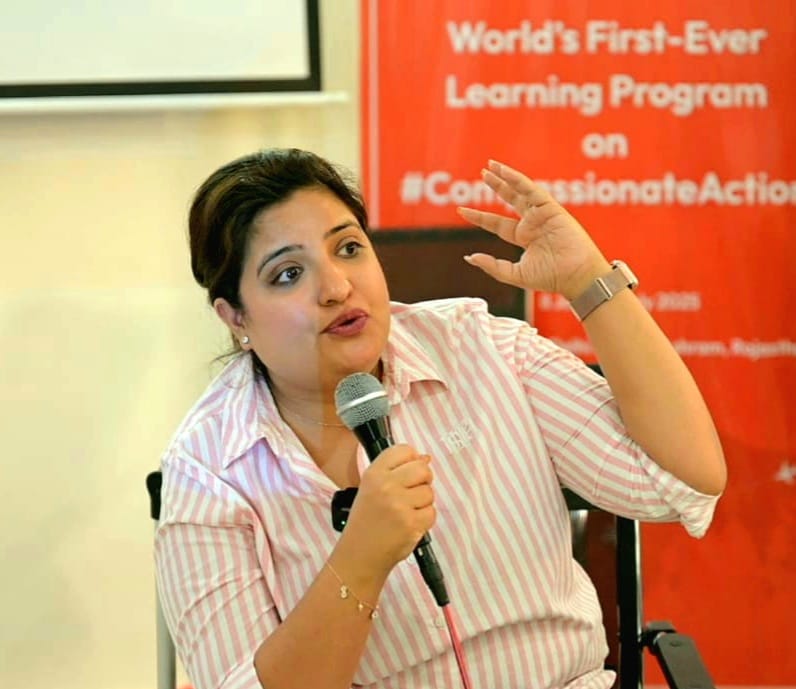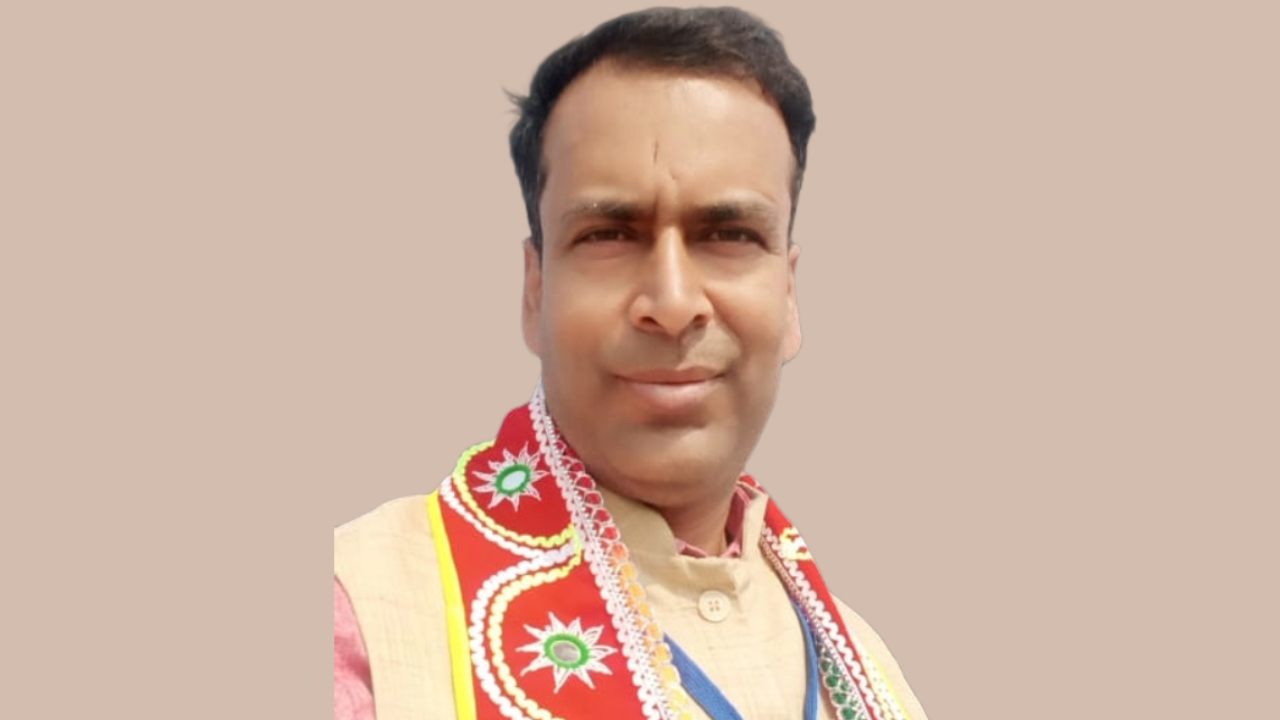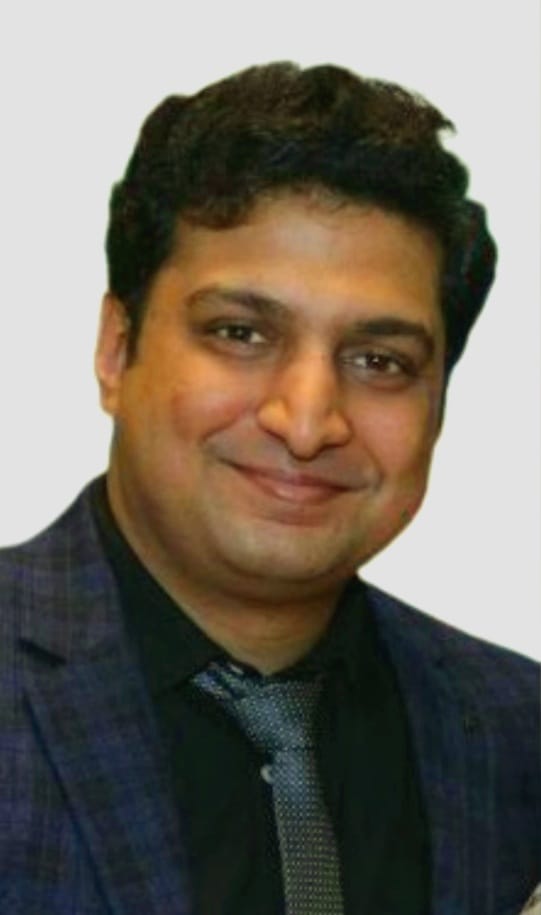Dr. Girdhar Gyani currently holds the position of Director General at the Association of Healthcare Providers (India), where the overarching mission revolves around bolstering the capacity of the Indian healthcare system. This is achieved through dedicated efforts in advocacy and education, with a specific emphasis on enhancing patient safety and ensuring affordability.
Before his role at the Association, Dr. Gyani served as the Secretary General of the Quality Council of India. This apex national body played a crucial role in establishing and operating a comprehensive national accreditation structure, promoting quality across diverse sectors of life. Notably, Dr. Gyani’s illustrious career includes serving as an elected director on the board of the International Accreditation Forum (IAF) from 2004 to 2010. Additionally, he holds the distinction of being the first Indian to serve as an elected director on the board of the International Society for Quality in Health Care (ISQua) from 2009 to 2014.
Dr. Gyani’s impact on healthcare quality in India is further highlighted by his instrumental role in the establishment of the National Accreditation Board for Hospitals and Healthcare Providers (NABH) under ISQua accreditation. This initiative has brought patient safety and healthcare quality to the forefront in the country.
During an exclusive interview with The Interview World, Dr. Girdhar Gyani underscores the critical importance of ensuring the availability and accessibility of healthcare infrastructure in the country. His insights shed light on the imperative to universalize healthcare service delivery. Here, we present key highlights from his enlightening interview.
Q: How do you envision facilitating the democratization of healthcare service delivery in our country?
A: Prioritizing accessibility over mere availability is crucial in ensuring effective healthcare. While major cities such as Bengaluru and Mumbai boast super-specialty hospitals, the benefits seldom reach the common man. To truly guarantee universal healthcare for the Indian populace, there’s a pressing need to democratize the healthcare infrastructure across the nation.
The key solution lies in establishing primary healthcare centers at intervals of every 3 kilometers, supplemented by secondary care hospitals within a 30-kilometer radius and tertiary care hospitals within 50 kilometers. Until this comprehensive framework is implemented, claiming to provide universal healthcare services remains unsubstantiated.
Without a network of healthcare facilities strategically placed to cover diverse regions, the promise of accessibility and inclusivity in healthcare services remains unfulfilled. It is only by bridging these gaps that we can genuinely assert our commitment to delivering universal healthcare to our citizens. In support of this initiative, we have furnished the government with comprehensive data outlining the imperative for a more accessible and widespread healthcare system.
Q: How would you elaborate on the details and key components of the proposal you submitted to the government?
A: Recently, we submitted a report to the government highlighting the concerning shortage of hospital beds in the country, both in private and public hospitals, with only 1.5 beds available for every 1000 people. This falls significantly below the WHO recommendation for developing nations, which is 3.5 beds per 1000 population. Consequently, there is an urgent need to double the existing bed capacity in the healthcare system.
One striking revelation from our report pertains to the state-wise distribution of hospital beds. Bihar stands out as the most alarming case, with a mere 0.3 beds available per 1000 people. In contrast, Karnataka boasts a more favorable scenario with 4.2 beds per 1000 population. This stark contrast raises questions about the fairness and equity in healthcare distribution. The lack of such information within the government further underscores why people from Bihar often seek medical treatment in Delhi and other states.
The state government of Bihar must acknowledge the dire healthcare situation and take immediate measures to rectify the conditions. Given the financial constraints on the government’s healthcare budget, an alternative approach could involve incentivizing private players. This could be achieved through initiatives such as offering cheaper electricity and loans, encouraging private sector investments in the healthcare sector.
An intriguing aspect of the state-wise distribution is the significant variations across demography. In Karnataka, for instance, while the state average is 4.2 beds per 1000, Bengaluru registers a higher figure at 5.6, whereas Shimoga lags behind at 1.5. Such disparities even within a state demand attention and intervention.
Our study in Telangana revealed that 125 hospitals have more than 100 beds, categorizing them as tertiary care facilities. Notably, 118 of these hospitals are concentrated in Hyderabad and Secunderabad. This concentration highlights a concerning lack of healthcare infrastructure in other regions, emphasizing the need for a targeted focus on addressing these disparities.
Q: How has the government addressed or considered the proposal that has been submitted?
A: Approximately seven to eight days ago, we formally submitted our proposal to Dr. Basant Garg, who serves as the Additional CEO of the National Health Authority. Presently, Dr. Garg is actively preparing to engage with the government, taking the necessary steps to bring our proposal to their attention and consideration.
Q: How do you perceive the effectiveness and impact of current government initiatives on healthcare service delivery?
A: Allow me to share the individuals who initially brought healthcare to the forefront of political discussions. In 2007, Dr. Yeduguri Sandinti Rajasekhara Reddy, the former Chief Minister of Andhra Pradesh, introduced the Aarogyasri Health Scheme. This initiative aimed to provide healthcare services to individuals below the poverty line through free healthcare insurance, enabling them to seek treatment at any hospital. Two years later, in 2009, Tamil Nadu’s Chief Minister, Dr. Kalaignar M Karunanidhi, initiated a similar program, yet subsequent efforts were scarce.
Fast forward to September 23, 2018, when the Prime Minister launched the Ayushman Bharat Yojana. This comprehensive health insurance scheme encompasses around fifty crore citizens in India, boasting several success stories. Notably, the Ayushman Bharat Yojana, now known as the Pradhan Mantri Jan Arogya Yojana, has witnessed a significant renaming. Despite the scheme’s reach, it’s essential to note that health cards have not been issued to all 50 crore people, with only a maximum of 50% of the population obtaining this valuable card.
Nevertheless, it marked a commendable starting point. The landscape of private health insurance is continually expanding. Recent regulations allow beneficiaries to exceed the specified number of panel hospitals provided by their health insurance policy. Consequently, an increasing number of hospitals are now part of the healthcare insurance panel, reflecting ongoing positive changes in the sector.


